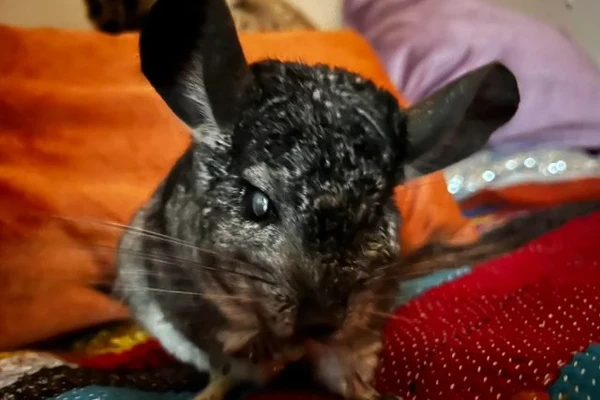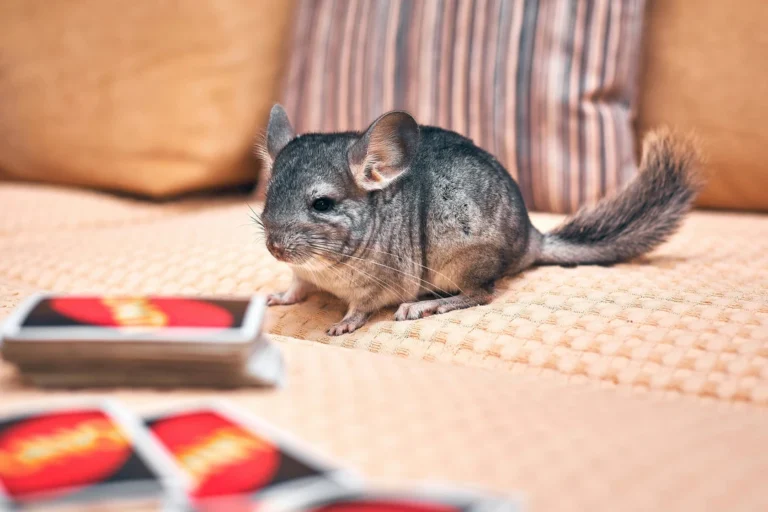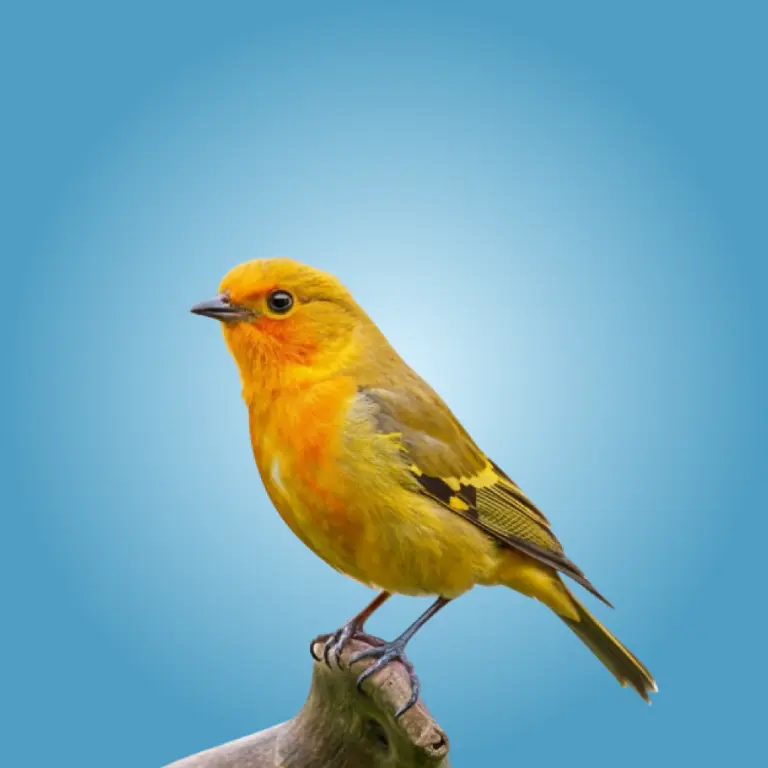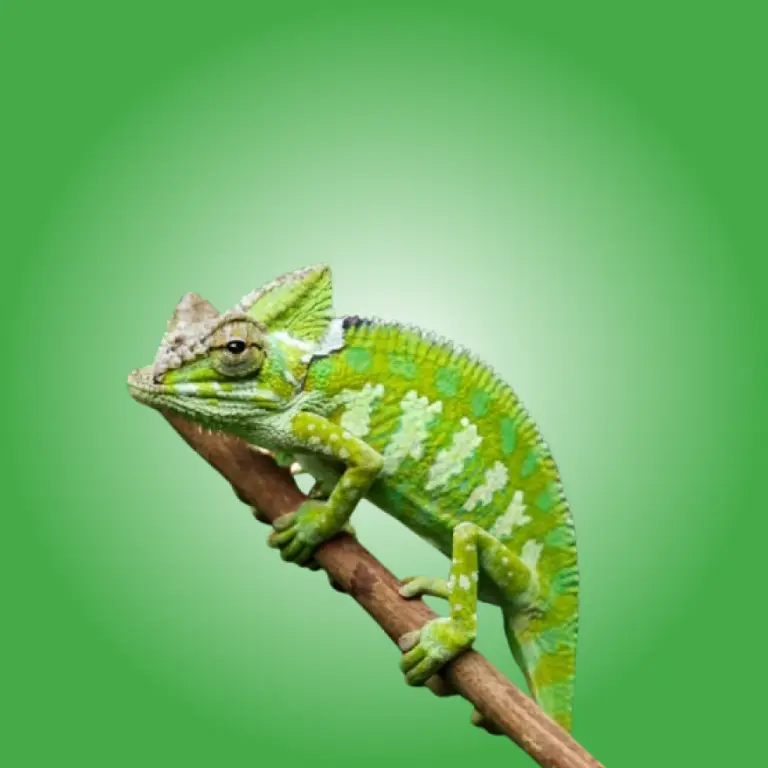If you’re thinking about adopting a chinchilla, one thing to know is chinchilla lifespan.
On average, a chinchilla can live 10 to 20 years in captivity.
Understanding how long chinchillas live is crucial for anyone considering them as a pet, as it helps set expectations and ensures that you’re prepared for the long-term commitment they require.
so worry not , we will answer all questions to your need.
What is the Average Chinchilla Lifespan?
We now know that on average, a chinchilla can live 10 to 20 years in captivity. This is much longer than many small animals, making chinchillas a long-term commitment for any potential pet owner. The fact that they can live for two decades or more is one of the reasons why chinchillas are so beloved by their owners.

However, as with any pet, the chinchilla lifespan can vary depending on several factors. Some chinchillas may live closer to 10 years, while others can easily exceed 15 years, especially with optimal care. Proper diet, living conditions, and veterinary attention all play a role in determining how long your chinchilla will live.
Factors That Influence Chinchilla Lifespan
Several factors affect the chinchilla life span, and understanding these can help you maximize your chinchilla’s chances of living a long, healthy life. Let’s dive into what affects their longevity:
1. Diet and Nutrition
A balanced diet is one of the most important factors influencing a chinchilla’s lifespan. Chinchillas are herbivores, and their diet should consist mainly of high-quality hay (such as timothy hay), chinchilla pellets, and fresh water. The fiber in hay helps to prevent digestive issues and is essential for their health.
While you can offer fruits and vegetables as occasional treats, too many can lead to obesity or digestive problems, both of which can shorten your chinchilla’s life. By providing a nutritious, fiber-rich diet, you’ll be supporting your chinchilla’s overall well-being, which directly affects how long they will live.
2. Exercise and Mental Stimulation
Chinchillas are active creatures that need plenty of exercise. They love to jump, climb, and explore. Providing a large cage with multiple levels, shelves, and ramps will help satisfy their physical needs. Additionally, giving them time outside their cage for supervised playtime can help keep them physically fit and mentally stimulated.
Chinchillas that are not given enough room to move around or are kept in a sedentary environment may develop obesity or behavioral issues that can lead to health problems, reducing their life span. So, plenty of exercise is essential to keep your chinchilla healthy and happy.

3. Temperature and Living Conditions
Chinchillas are sensitive to temperature and need a cool, dry environment to thrive. Their natural habitat in the Andes Mountains of South America is cool and dry, so they are adapted to those conditions. Ideally, your chinchilla’s living environment should be between 60°F and 70°F (15°C to 21°C).
If their environment becomes too hot or too humid, chinchillas can suffer from heat stroke, which can be life-threatening. This is why it’s crucial to keep their cage away from heat sources, direct sunlight, and areas with high humidity. Proper environmental conditions can help extend your chinchilla’s lifespan.
4. Veterinary Care
Just like any other pet, chinchillas require regular veterinary care. Routine checkups help identify potential health issues early, which can prevent them from becoming life-threatening. Chinchillas are prone to dental problems, digestive issues, and respiratory infections, so it’s essential to monitor their health regularly.
Your veterinarian will also recommend vaccinations, preventive treatments for parasites, and general health assessments, all of which can contribute to a longer chinchilla lifespan.
How to Help Your Chinchilla Live a Long Life
Now that we’ve covered some of the key factors that affect chinchilla life span, let’s talk about what you can do to ensure your chinchilla lives a long, healthy, and happy life:

- Feed them a balanced diet: Stick to a high-fiber diet that includes plenty of hay and water. Avoid overfeeding fruits and vegetables.
- Provide plenty of exercise: Give them a spacious cage and time outside to roam safely.
- Keep their environment cool: Maintain a temperature between 60°F and 70°F, and avoid direct sunlight and heat sources.
- Visit the vet regularly: Regular checkups will help catch health issues early and keep your chinchilla in top condition.
- Offer mental stimulation: Chinchillas are intelligent animals that need enrichment. Providing toys and opportunities to explore will help keep their minds sharp.
Conclusion
In conclusion, the chinchilla lifespan can range from 10 to 20 years, depending on various factors such as diet, exercise, temperature, and regular veterinary care. By focusing on these aspects, you can ensure that your chinchilla lives a long, healthy life.




















